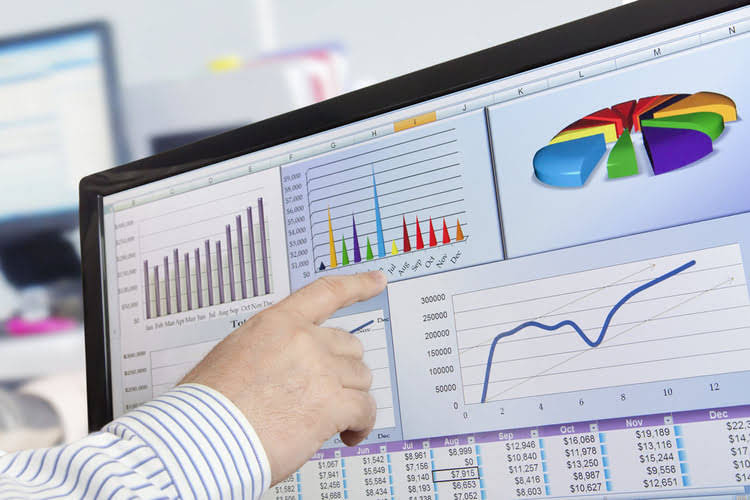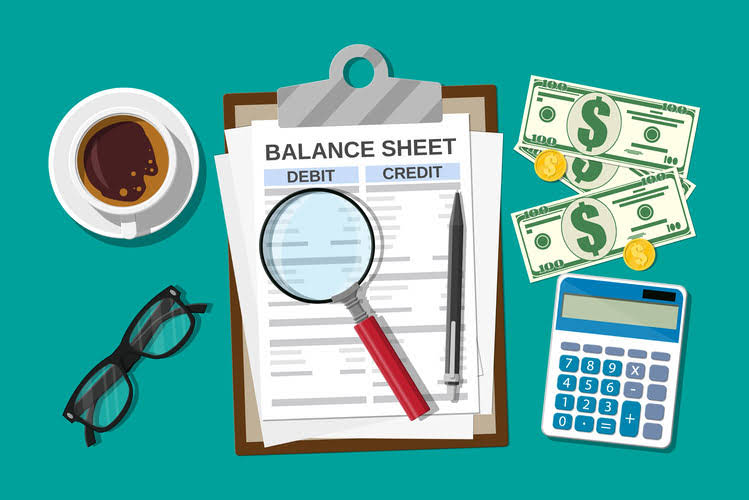
Edited by CPAs for CPAs, it aims to provide accounting and other financial professionals with the information and analysis they need to succeed in today’s business environment. Taxes are paid on all the revenue earned, including the cash that the company has not yet received. Similarly, if the company pays for their rent earlier than the due date, the journal entry will be recorded on the date when the rent is paid and not when the rent is due. Cash basis accounting is an easy and straight-forward method and is therefore used by self-employed individuals and small businesses who are cash rich. Unearned revenue includes prepayments from customers before you deliver the product or service.
BAR CPA Practice Questions: Required Financials and Disclosures for Employee Benefit Plans
- An accountant can provide professional advice and ensure that your accounting practices are in compliance with accounting standards.
- These businesses may need to use modified cash basis accounting, which is a hybrid method that combines some elements of cash basis and accrual basis accounting.
- Businesses must identify and remove accrued revenues and expenses from their books, as these are recognized only when cash changes hands under cash basis accounting.
- Tax implications play a critical role in the decision to switch accounting methods.
Cash basis accounting is a simple and effective way to manage your business finances, as long as you understand its advantages and disadvantages, and use it appropriately. By following the tips and best practices we have discussed, you can implement cash basis accounting for your financial success. Cash basis accounting can give gym bookkeeping you a clear picture of your cash flow, which is the amount of money that flows in and out of your business.

and Reporting
One of the primary benefits of cash basis accounting is the potential tax advantage. By deferring income recognition until payment is received, businesses can reduce their taxable income in the short term. Likewise, expenses are only recognized when paid, which can also provide tax deferral benefits. This means that although in theory, the web developer is $4,500 better off at the end of December, this won’t be reflected in their cash basis financial statements until January. This highlights how cash basis accounting ties revenue and expenses directly to cash flow, rather than the timing of transactions. The cash basis method of accounting recognizes income when it is received and expenses when they are paid.
Tax implications of the cash basis method of accounting

Since cash basis accounting https://selfithelabel.com/2022/08/08/what-is-vertical-analysis-learn-the-formula-with/ focuses on cash flow, it won’t necessarily offer a complete picture of your business’ financial health. While cash basis accounting offers simplicity and ease of use, it comes with some disadvantages that businesses should be aware of. Cash basis accounting affects the preparation and presentation of financial statements, such as the income statement and balance sheet.
- In a nutshell, when you receive payment from your customers and then immediately write it down in your books, that’s cash accounting.
- Learn how to resolve A/R and A/P balances on a cash basis balance sheet report in QuickBooks Desktop.
- Companies may opt for this method if they are confident in their customers’ ability to pay, but they must be financially prepared to cover potential buybacks.
- In the realm of cash basis accounting, the recognition of interest income can often present a conundrum.
- Because cash basis accounting only records transactions that involve cash, it does not account for other types of assets, liabilities, and equity that the business may have.
This method does not recognize receivables; hence, income is only recorded when there is an actual increase in cash. This could be through cash sales, customer payments of invoices, or any other cash receipts. This approach is straightforward but may not accurately reflect the ongoing economic activities of a business if customers pay at different times than when services are delivered or goods are sold. Transitioning from accrual to cash basis accounting can be a significant shift for any business, particularly when it comes to handling interest receivable. Under the accrual method, interest income is recognized when it is earned, regardless of when the cash is actually received. This means that if a company issues a loan or holds a bond, the interest income is recorded as it accrues, even if the payment will not be received until a future date.
Why your business might use cash basis accounting
By considering these adjustments and the implications of cash basis accounting, businesses can maintain accurate records and manage their financial and tax positions effectively. These practices help in ensuring that the financial statements reflect a true picture of the company’s cash flow situation and aid in strategic financial planning. In the realm of cash basis accounting, tracking interest income is a critical task that requires meticulous attention to detail and a strategic approach. Interest income, often derived from various financial instruments such as savings accounts, certificates of deposit, bonds, and loans, represents a significant component of an entity’s financial performance. It is imperative for businesses and individuals alike to establish robust systems and practices to accurately record and manage interest receivable.

Payable

For more articles like this be sure to check out our dedicated accounting and Chartered Financial Analyst (CFA) pages. Want to know if you should choose cash or accrual for your small business? Schedule a free call with one of our accounting experts to discuss the pros and cons for your business. From a practical perspective, many companies record their sale transactions as though the delivery terms were FOB shipping point, because it is easy to verify. Recording the transaction upon arrival at the customer requires substantially more work to verify.
- What might be included in other current liabilities that’s not in accounts payable and is not a note or a bond payable within the next year?
- For small businesses looking for simplicity and direct cash flow management, cash basis accounting often proves to be the most efficient method.
- The Internal Revenue Code offers guidelines for how businesses using cash basis accounting must recognize income.
- The actual repayment of any principal balances of credit cards, loans or lines of credit are not captured in expenses; these are the repayments of liabilities and only affect the balance sheet.
Learn how to build, read, and use financial statements for your business so you can make more informed decisions. Unlock the potential of cash basis accounting with the comprehensive Lark glossary guide. To convert your accrual books to the cash basis, you need to add any unearned revenue to your net income. Under the accrual method, you would does cash basis have accounts receivable recognize $30,000 of gross profit in June because that’s when you earned the revenue and used the supplies. This gives you a clearer picture of your financial results because it matches revenue to expenses. Cash basis accounting is very easy to understand and implement, contrary to accrual accounting which is not only very complex but also more expensive to implement.
